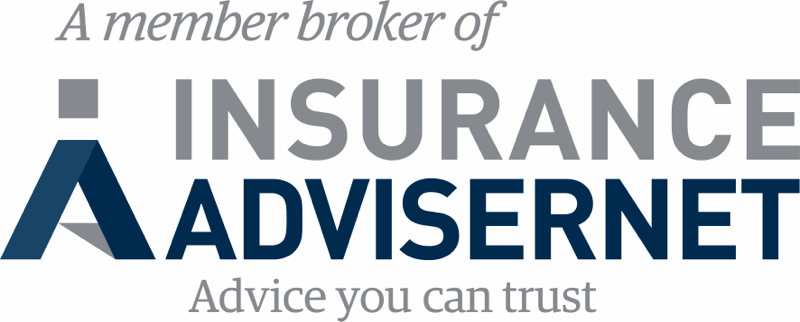Making Ends Meet in Your Construction Business.
If you run or own a business in the construction industry then you’ll know you need to have adequate capital available to cover your payroll, pay suppliers, meet any unforeseen or unexpected costs. You deal with some myriad other expenses that always seem to crop up – no matter how carefully you plan. There’s also the cost of various types of insurance you need to manage risk in your business.
On top of that, you need all sorts of equipment (purchase of new or maintenance of the existing) without which, your business cannot operate. However, it takes money – often quite a lot of it.
Therefore, in the construction industry, taking steps to conserve your capital is always a priority. This is particularly crucial in the case of newer and smaller businesses.
A capital conundrum
So that’s the Catch 22 situations with which many businesses in the construction industry are facing. You have to keep enough capital on hand to meet both planned and unplanned liabilities. You may have to spend a lot of money to be able to get the essential equipment with which to operate. Of course, unless you have a pile of cash to begin with or a stellar cash flow, it’s often nigh on impossible to purchase or maintain the equipment you need without some form of financing.
Choosing the right sort of equipment financing
Fortunately, there are lots of financing options available to construction businesses to get the equipment they need. The big question is which financing option will enable you to get what you need – without jeopardizing your cash flow or putting a serious dent in your credit facility?
Here’s a brief look at three construction equipment financing options.
1. Leasing equipment offers quite a few benefits over shelling out capital to buy the items outright. For example, say you thought you’d have a real need for a piece of equipment but it turns out to not be the case after all. Instead of being stuck with it or having to go through the process of trying to sell it, if you’re just leasing it, then at the end of the lease you hand it back and you’re done with it.
Leasing is also a great way to ensure your business always has access to the latest equipment because, at the end of your lease term you hand the item back and take out a new lease for the latest equipment model. Of course, while any lease payments are a tax-deductible business expense, you won’t be able to write off depreciation as you would have been able to do if you owned the item of equipment.
2. Getting a small business loan could be a good way to finance the purchase of all the equipment you need with a single loan. However, to get an approved loan you’re going to have to show you’re a good credit risk. If you need to borrow money to cover an urgent expense, the equipment loan may limit your borrowing ability. This could place you between the proverbial rock and a hard place.
3. Getting an equipment loan is an easier process than getting a small business loan. You’ll own the item of equipment, unlike leased items. Furthermore, when you’ve paid off the loan, you’ll own the equipment outright, which means you can also sell it and upgrade. There are also certain tax advantages to getting an equipment loan because you’ll be able to deduct the interest on the loan as a business expense and write off depreciation on the equipment. However, you’ll most likely have to put down a deposit for an equipment loan, which could have implications for your cash flow.
So, there is certainly a lot to think about. Whichever option you pick needs to address the specific needs of your business and put you in the best possible position to succeed as a business.
Bonded NZ specialist business insurance solutions
If you need specialist insurance services, Bonded NZ Limited can help. We offer all our clients expert advice on risks and cost-effective options available. It is important for any business to have an adequate insurance cover to protect them in case of any unforeseen occurrence.
Get in touch with one of the team members at Bonded NZ today to find out more about our personal tailored approach helping you manage risk in your business.
 =
=